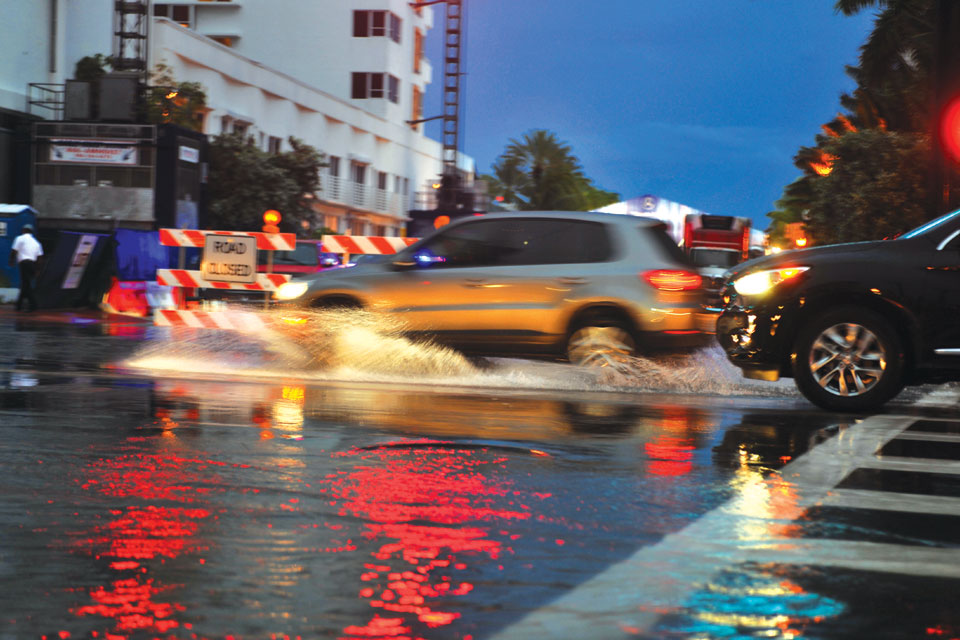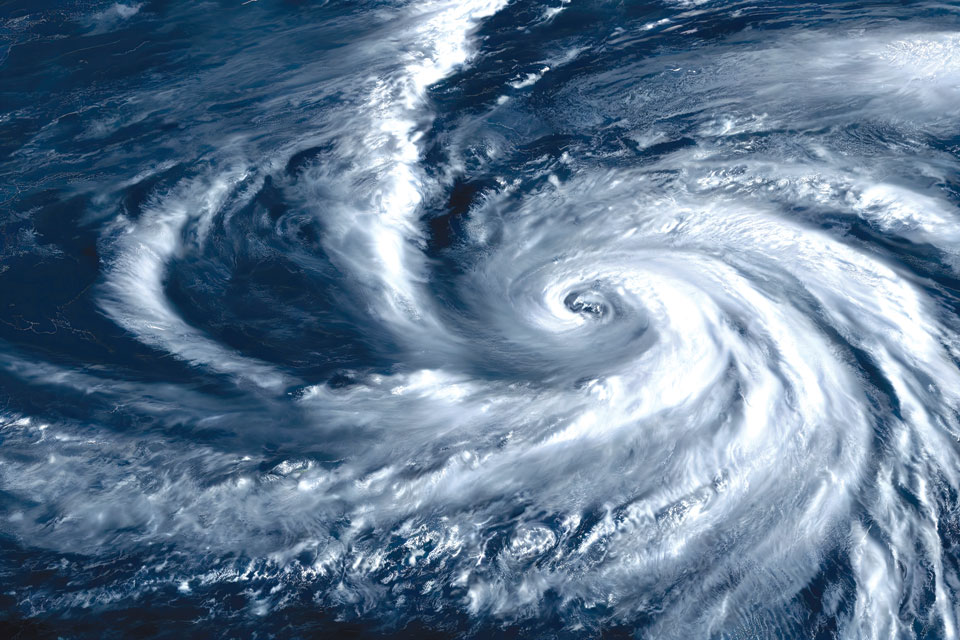
June 1 is the beginning of our hurricane season and it will end November 30 this year. The season usually peaks August through late October. This doesn’t mean that we will get hit again, but it does indicate there is a strong need to plan ahead just in case. It is predicted that conditions are high for an above-average number of hurricanes in 2023, a year after one of the most devastating seasons on record.
There will be plenty of hurricane guides available for residents to review but, based on some of our own personal experiences, here are some important things to consider:
If You Have To Evacuate
If you are in an evacuation area, you need to consider leaving a day or two earlier than is required to avoid the terrible traffic on both I-95 and the Turnpike. In the past hurricanes that hit South Florida made both highways parking lots. When you combine that with everyone searching for gas and waiting in long lines to fill up the tank, it is better to be on your way early.
You need to determine where you are going and what you will need to pack for the trip. If you are staying with friends or family, you can pack lighter and pack casual clothes. If you are planning on staying at a hotel, you need to pack both daytime and nighttime clothes as the hotel’s restaurant may have a dress code.
It is also important to review your medicines early enough to get any prescriptions refilled. When a hurricane hits, you never know when you will return home depending on the conditions, and the availability of water and electricity.
This year I plan to pack a hurricane bag of my toiletries that I will need while we are gone.
Make sure you bring your cell phone charger and your laptop or ipad with their chargers.
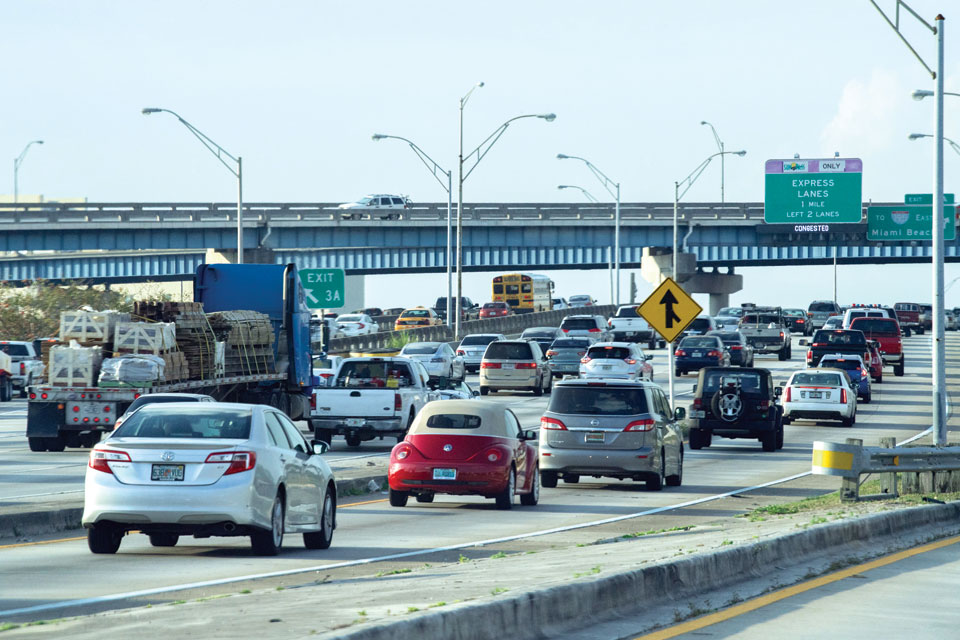
If You Evacuate And Have Pets
As pet owners, we prefer to take our pets with us but it is risky, so we searched for shelters. The ones we found were so over-crowded that our dog would have become very sick from the experience. In preparing for this year’s season, we have two choices and that is to find someone who lives in a non-evacuation area that we can pay to pet-sit, or we can research what hotels will accept pets. When the last hurricane came that hit our area, we did bring one of our pets with us and we stayed at a hotel that accepted pets, but it was literally a zoo with people bringing everything from parrots to monkeys, and way too many dogs.
If you stay in a hotel, you will want to make sure you pack all your pet’s essentials including medications, bed, food and carrier. You don’t want to leave your pet unattended in a hotel room when you go to eat. They will feel more secure in a carrier or cage they are used to. You also don’t want to worry about them getting loose in case someone enters the room.

If You Want To Avoid Long Lines At The Stores
Even if you evacuate, you will want to have supplies in your home that you will need to use when you return. In the event you lose electricity, you will want flashlights and lanterns available, so make sure you buy your batteries early before there is a threat of a hurricane. You will also want to do the same for food and water to avoid the long lines at the grocery stores. If you have a gas stove, you can be more creative in your food selection as you are able to heat up food like soup, pasta sauce, etc. If you have an electric stove, then you have to stick to the basics. I know when a hurricane approaches bottled water was very hard to find. We were only able to purchase water at a local liquor store.
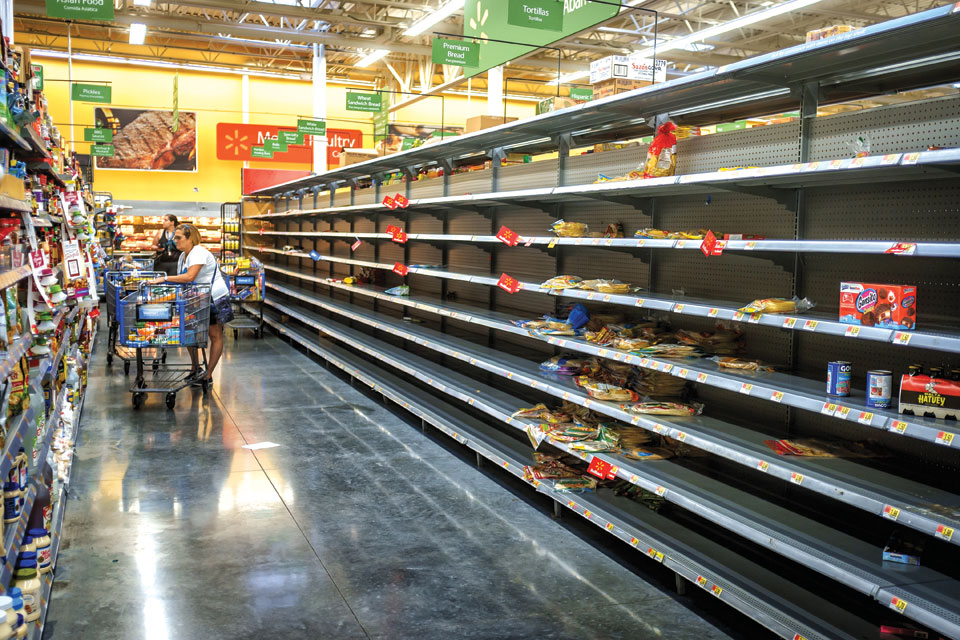
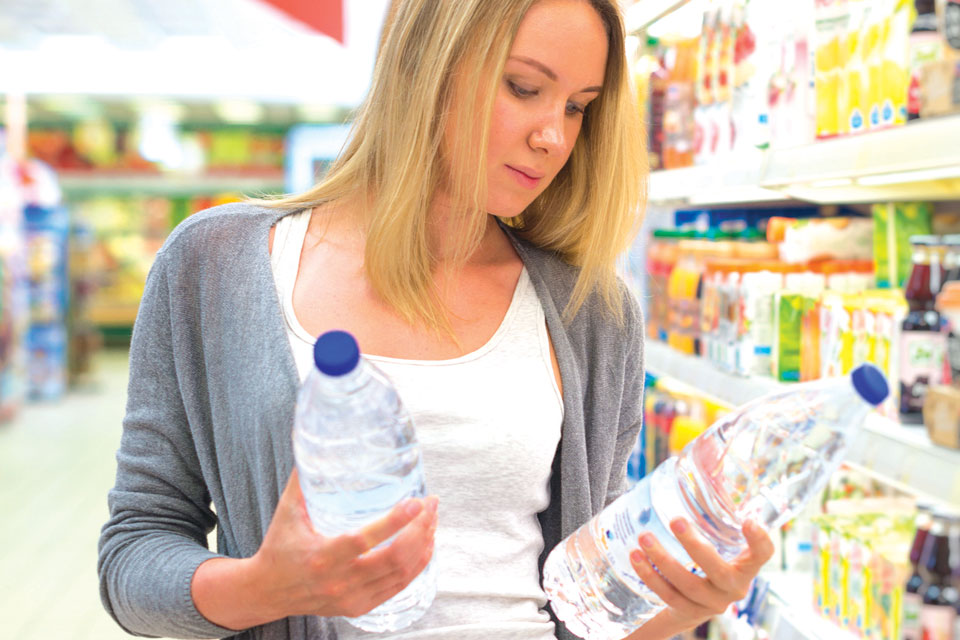
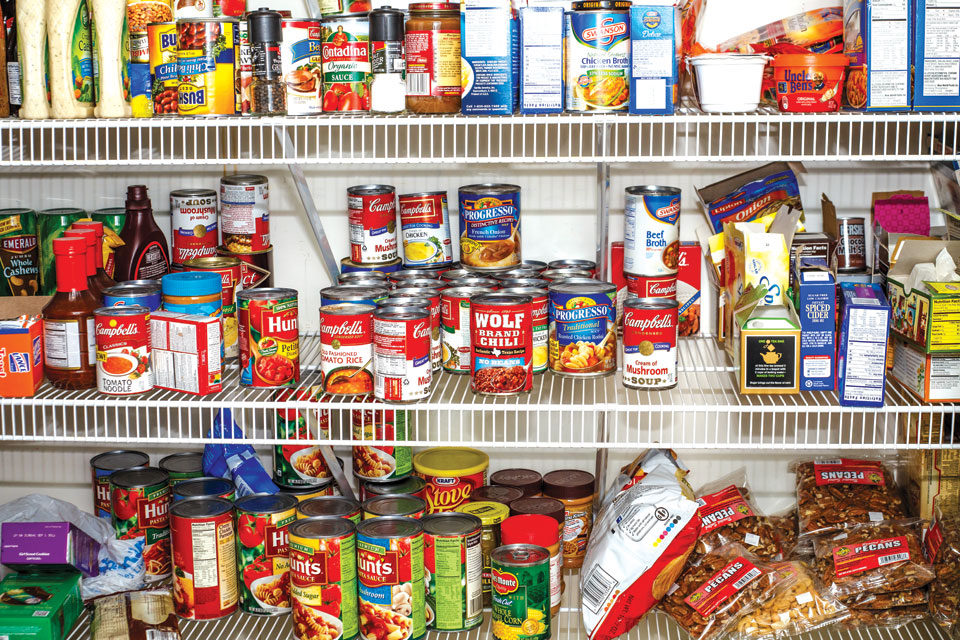
If You Are Staying In Your Home
You will want to make sure you are prepared for the electricity to go out, so put flashlights in several rooms of your home that you will be using. It is also recommended to fill your bathtubs with water. It is important to make sure your bathtubs are clean, so you can use this water for your personal use to stay clean and also to flush toilets.
Clean your garbage cans thoroughly with your garden hose and make sure you have plenty of heavy garbage bags to use. Put your garbage cans in an enclosed area like your garage.
Take in all your outside furniture and various accessories. If you have small plants like orchids, put them in a safe room or your garage.
Fill up your cars with gas as soon as you can because the gas stations might be closed once the hurricane passes. Move cars next to the house to give them some protection if you don’t have garage space for them.
Make or buy cooked food to eat if you have an electric range and store it in the refrigerator while you have electricity. If dry ice is available, make sure you buy some and put it in a good cooler, so you can store perishales if the electricity goes out. You can also make extra ice and keep it in your freezer, so you are prepared to keep things cool with the combination of dry ice and ice.
Make sure your cell phones are fully charged, and also buy a portable charger that runs on batteries. You will also want to make sure your iPad or laptop is fully charged. If you have a land line, you will want a phone that plugs in. And, believe it or not, they still sell them.
Research what medical facilities will be open and what hours they operate. Make sure you have all the important phone numbers for your police and fire departments.
In order to stay in touch, you will need a good quality battery-operated radio or tv to be able to keep up with the latest news, which is important during and after the hurricane.
